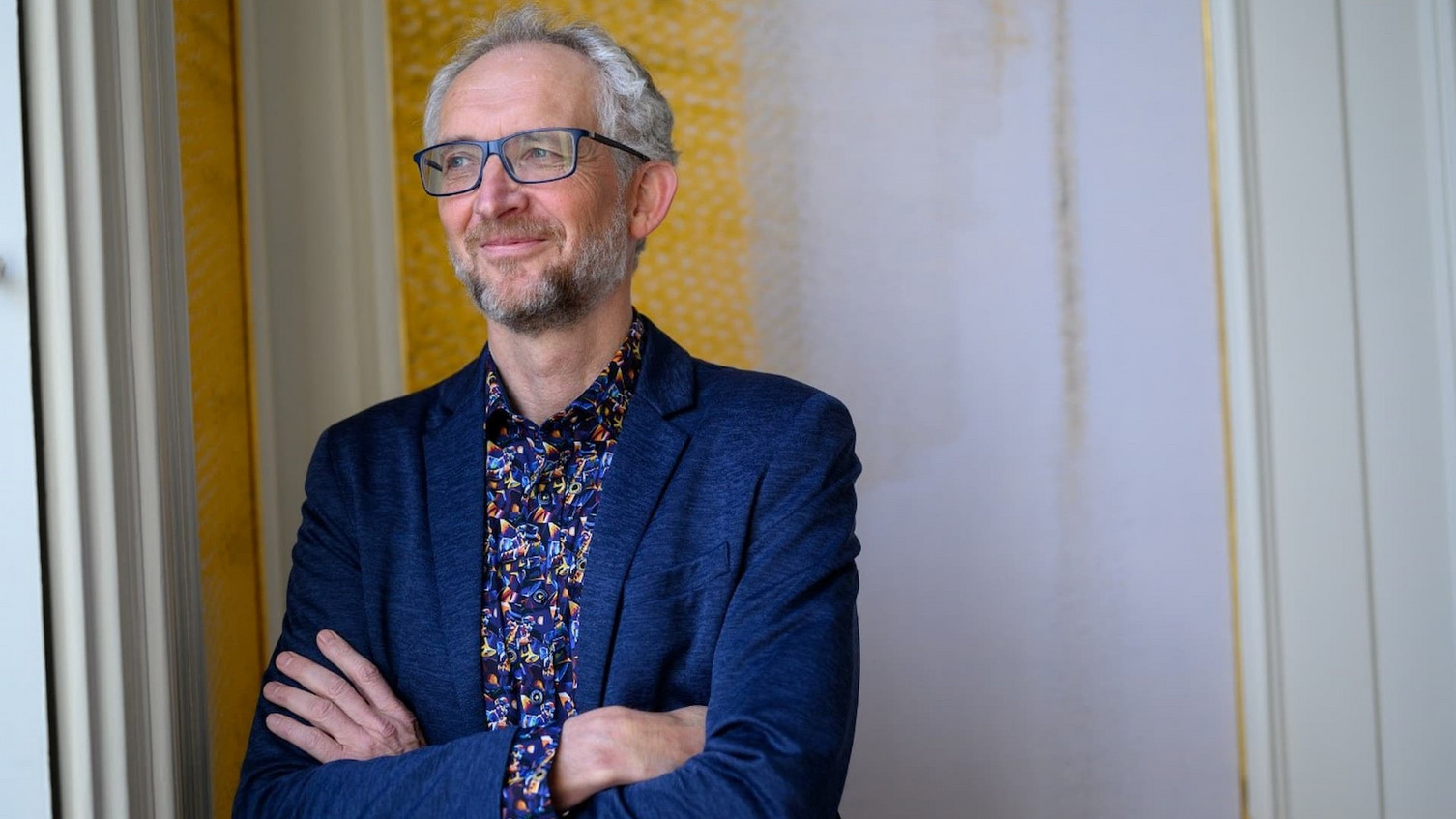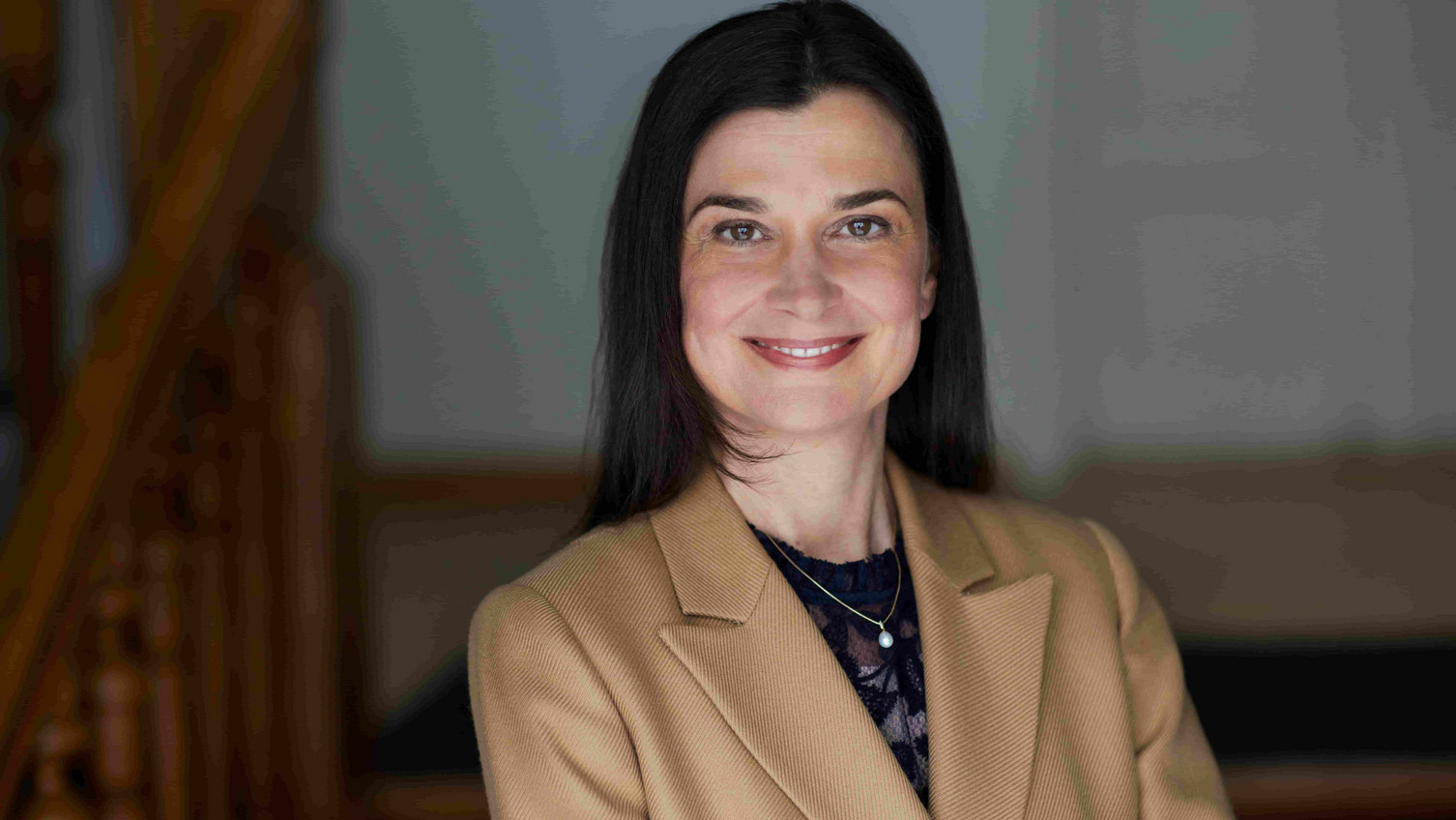Research >> Transformation: ‘Reinventing the world’
2024-09-27 To make transformation happen, sustainable action must become the first choice.’ This applies equally to civil society actors and political decision-makers and producers of academic knowledge, according to Dr Johan Schot, Professor of Global History and Sustainability Transitions at Utrecht University. He will be taking part in the panel discussion ‘Research >> Transformation’ at the Graduate School Opening Days on 11 October, along with Dr Nina Smidt, spokesperson for the board of the Siemens Foundation. The discussion will focus on the academic debate on transformation with a focus on sustainability and system change. Before the event, Prof. Dr. Schot and Dr. Smidt will provide a brief insight into transformation and change.
Prof. Dr. Schot is clear: a sustainable transformation means nothing less than a fundamental redesign of the rules of the game. But this change will not happen overnight. ‘We need new paradigms that combine knowledge from a wide range of disciplines,’ emphasises Schot, making it clear that such a process requires time and interdisciplinary cooperation. Space must be created for alternatives that can grow in protected environments. The ‘First Deep Transition’ of the Industrial Revolution established the rules that currently apply – now is the time to rewrite them in a ‘Second Deep Transition’. A postcolonial perspective is particularly important here: ‘Solving ecological problems in an unjust way, by making the Global North more sustainable and making the Global South pay for the consequences, will not work this time.’
In a world characterised by multiple crises – from the climate crisis and rising inequality to mass extinction and resource depletion – we must actively work towards a better future, Schot explains. He places his hopes above all in the young generation: ‘Graduate students can reclaim the concept of social progress, claim it for themselves and thus become architects of a new and more sustainable future.’
According to Schot, the energy transition is an impressive example of how change is possible. What was unthinkable thirty years ago is now reality. The way of thinking has changed, and the fossil fuel industry, according to Schot, is ‘old and dying.’ The proof: transformation is not only possible, it is already taking place – and the next generation is ready to take control of the future.
What does (sustainable) transformation mean to you?
To me, sustainable transformation means profound, systemic changes in society, economy and the environment to create a resilient world for all. It is about aligning social, environmental and economic goals and ensuring that our decisions today strengthen the livelihoods of future generations.
Why should every graduate student engage with and reflect on transformation processes?
Graduate students are the shapers of the future and face complex challenges, be they technological, social or ecological. Engaging with transformation processes means actively working on solutions to global crises such as climate change or social injustices. Understanding how different systems and processes interact is key to effectively shaping change and promoting sustainable social development.
What is the significance of the concept of interdisciplinarity for sustainable transformation processes?
Interdisciplinarity is crucial for sustainable transformations because complex challenges such as climate change cannot be solved in isolation. Co-creation brings together experts from different fields – education, social entrepreneurship, art and culture – to develop diverse perspectives and innovative solutions. Only through this collaboration can sustainable, effective change be achieved.
What is your favourite success story when it comes to sustainable transformation?
There are many success stories, as each transformation is unique. WeTu in Kenya is particularly inspiring, where solar energy not only ensures basic services but also strengthens the local economy. Equally remarkable is Experimento, which helps children develop solutions to global challenges such as climate change through research-based learning. These projects show how local approaches and interdisciplinary collaboration drive sustainable change.
We will be welcoming new master's students and doctoral candidates to Leuphana with the Graduate School Opening Days from 2-11 October. These graduate students will then have the opportunity to get to know the Leuphana campus and their fellow students beyond their own programmes. The panel discussion titled ‘Research >> Transformation’ on 11 October will be one of the highlights of these days. In addition to Prof. Dr. Schot, other experts taking part in the discussion include Dr. Nina Smidt from the Siemens Foundation and Prof. Dr. Farny from Leuphana. The event is open to the university community.
‘The panel discussion, or rather our academic discourse as part of the Opening Days,’ explains Anja Soltau, director of the Graduate School, ’expresses in microcosm what we want to achieve on a larger scale with the master's programme and the doctorate at the Graduate School: scientific penetration of a current topic that can only be tackled in an interdisciplinary way, with input from internationally renowned scientists and in collaboration with our entire graduate student community.’


